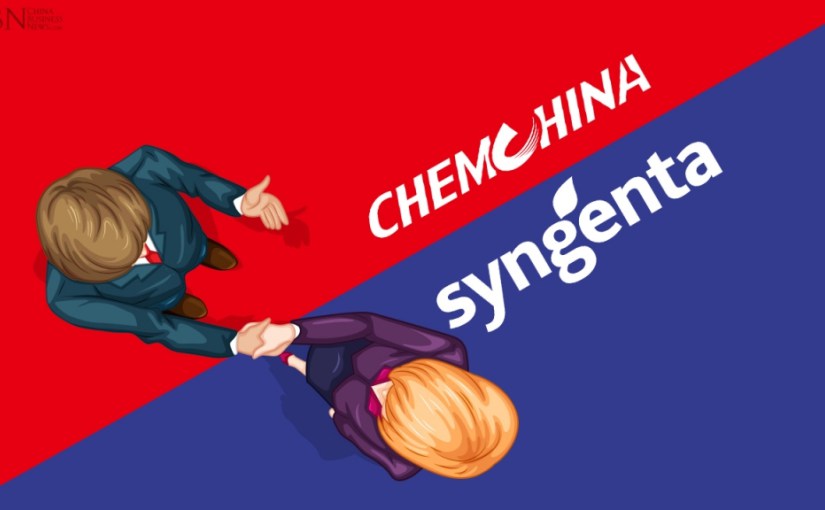Not only Monsanto: the Syngenta Blackbook
Monsanto is (a very bad) example of big chemical companies that poison us, pollute our environment and try to control our food supply. Another big polluter is Syngenta, the largest pesticide producer in the world. The company is now in a merger process with Chem-China, who is also a strategic partner of Monsanto. Syngenta is well-known for its bee-killing neonicotinoids (together with Bayer) and for the very toxic herbicide Paraquat, banned in Europe. The latter is widely used in the US and Latin America to kill weeds that have become resistant to Roundup, and also to kill and ‘dry’ Roundup ready soybeans.

The activities of Syngenta have been documented by the Swiss organisation Multiwatch in a blackbook. The English translation of this shocking document was presented at the People’s Assembly in The Hague. You'll find the teaser on the campaign website March Against Syngenta. Some chapters are online in the 'Cases' section. Available on the main online book stores.
On the website you will also find an open letter to Mr. Han Chang-fu, Minister of Agriculture of the People's Republic of China: Stop export of Paraquat produced by Syngenta and others in China!